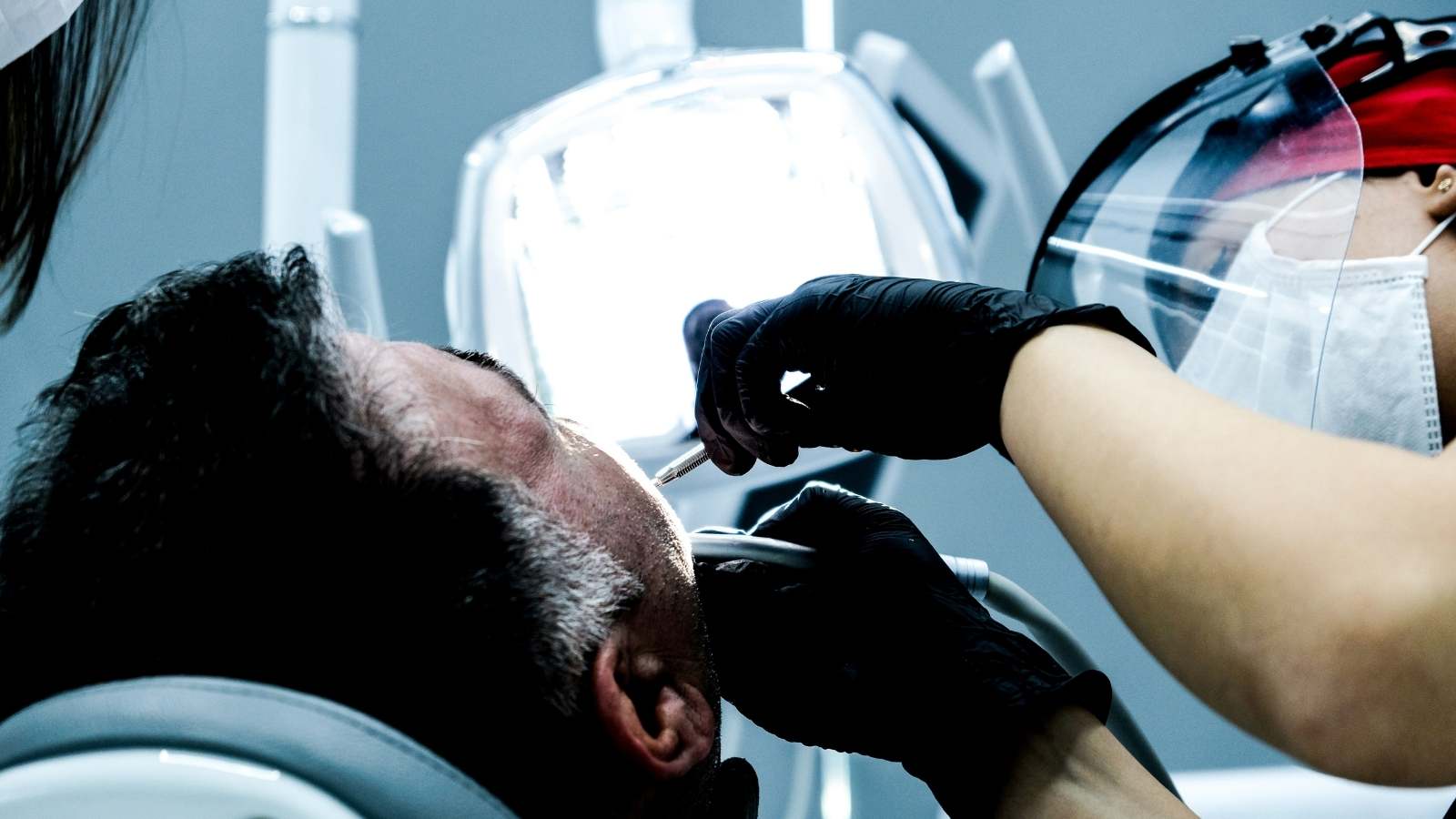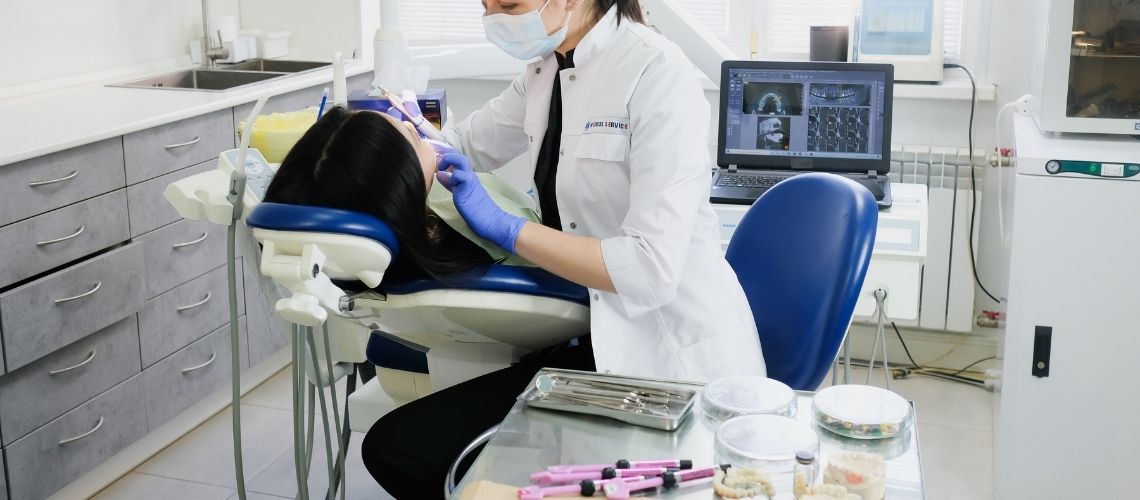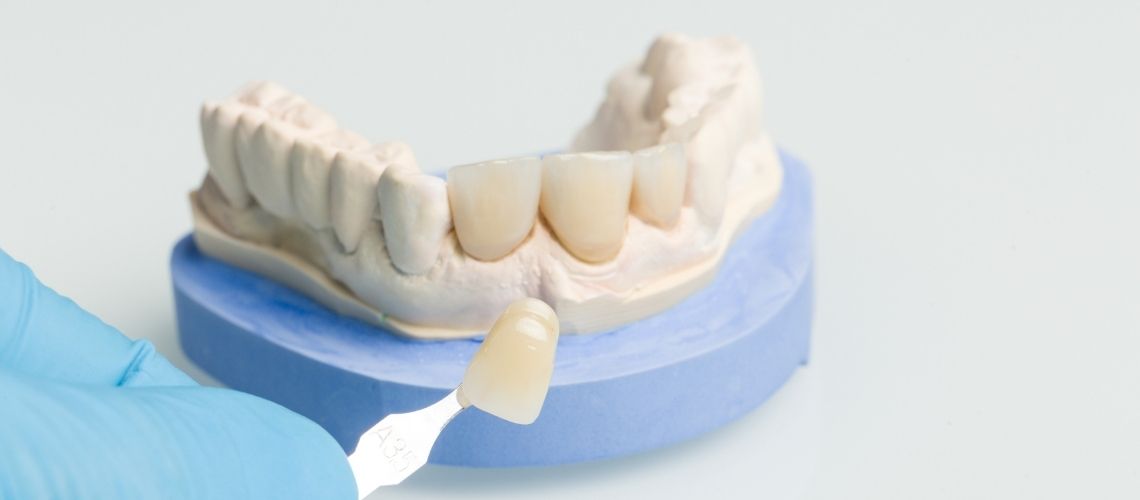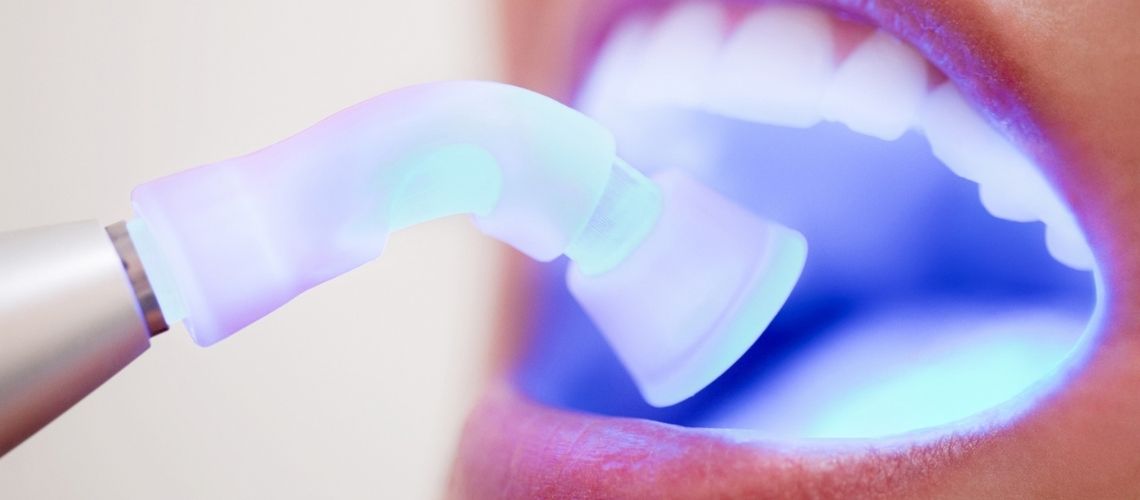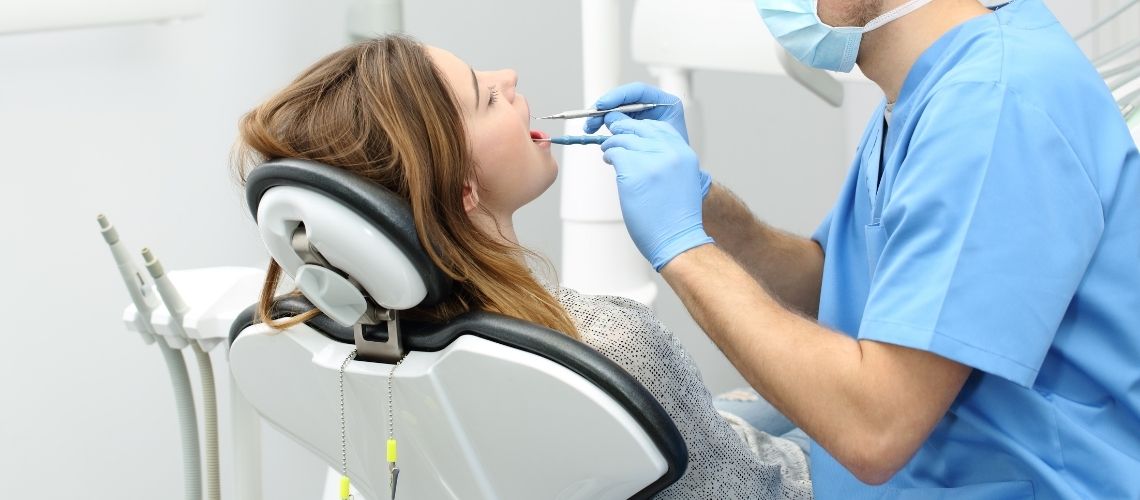What is a Tooth Extraction?
A tooth extraction is a dental procedure where a tooth is completely removed from its socket. Often referred to colloquially as “pulling a tooth,” this procedure becomes necessary when a tooth is so severely damaged by decay or trauma that it cannot be preserved. Additionally, tooth removal may be performed for preventive reasons, such as creating space for orthodontic treatment or reducing the risk of infections. The decision for an extraction is made after careful evaluation by the dentist, considering the potential risks and benefits. Key reasons for tooth extraction include:
- Incurable tooth infections
- Advanced periodontitis
- Preparation for orthodontic correction
- Overcrowding of teeth in the mouth
- Damage from an accident or trauma
In Turkey, this treatment is carried out using the latest techniques and instruments to ensure the comfort and safety of patients.
Before & After Photos
Experience the impressive transformations of our happy patients.
When is a Tooth Extraction Recommended in Turkey?
In modern dentistry, the maxim is to preserve natural teeth for as long as possible. However, there are situations where other restorative methods like fillings or crowns are insufficient. If a tooth is severely damaged and cannot be repaired, removal becomes inevitable. Turkish dentists recommend tooth extraction under the following circumstances:
- In cases of severe decay that has created deep cavities in the tooth.
- When a tooth fracture compromises the structure of the tooth.
- In cases of an impacted tooth that does not enter the dental arch properly.
- In cases of overcrowded teeth to create space for proper alignment.
- In cases of advanced periodontitis that threatens the tooth’s stability in the jaw.
- Following tooth displacement or other injuries that make restoration impossible.
These measures help maintain the overall health of the mouth and prevent extensive oral health issues.
Procedure Details for Tooth Extraction in Turkey
Before removing a tooth, the dentist conducts a thorough examination of the affected tooth and surrounding gum tissue. Additionally, dental X-rays are taken to check the bone status and determine the extent of the damage. It is important for patients to inform their dentist about all medications, vitamins, or supplements they are taking. After collecting all relevant information, treatment and sedation options are discussed in detail.
Sedation options in dentistry include:
- Nitrous oxide: A mild sedation administered through inhalation via a mask or nasal piece. Patients can drive themselves home afterward.
- Oral sedation: Administered in pill form about an hour before the appointment. Common medications include Diazepam, Midazolam, Triazolam, and Lorazepam. A companion is required.
- Intravenous (IV) sedation: Recommended for patients with severe dental anxiety or for lengthy procedures. Sedatives and painkillers are administered directly into the bloodstream. A companion is also necessary.
During the tooth extraction, a local anesthetic is first applied to numb the affected tooth and surrounding tissue. Specialized dental instruments are used to gently loosen the tooth before lifting it from the socket. Sometimes, incisions in the gum are necessary to access the tooth. After removing the tooth, the socket is cleaned and disinfected. In some cases, bone graft material may be inserted to prevent bone loss in the jaw. Finally, stitches may be placed to promote healing.
After the procedure, a gauze pad is placed on the extraction site, and the patient is asked to bite down firmly to slow the bleeding and support the formation of a blood clot. The gauze is removed once the bleeding subsides. Light bleeding may continue for the first 24 hours.
Get free offer for Tooth Extraction in Turkey
Benefits of Tooth Extraction
Removing a tooth offers several benefits. Primarily, it helps reduce harmful bacteria that can attack the teeth and gums. An untreated, decayed, or damaged tooth can have serious consequences for a person’s smile by triggering a chain of problems. Removing the affected tooth provides the best chance for optimal oral health. Additionally, a tooth extraction almost immediately relieves tooth pain, especially if the tooth was severely broken or infected. Other benefits include:
- Prevention of further oral health issues by eliminating infection sources.
- Helping maintain the structure of the teeth and preventing misalignment of adjacent teeth.
- Enabling further aesthetic or functional dental treatments.
By opting for a tooth extraction in Turkey, patients benefit from highly qualified expertise and modern technology to receive the best possible treatment.
Risks and Complications of Tooth Extraction
Every surgical procedure, including tooth extraction, carries certain risks. After the procedure, patients may experience side effects such as bleeding, swelling, and discomfort. Dentists provide instructions to manage the healing process successfully. Despite careful preparation and execution, specific complications can occur:
- Postoperative infections can occur if bacteria enter the wound.
- A dry socket, known as alveolitis sicca, occurs when a blood clot does not form in the socket or is lost.
- Nerve injuries can cause persistent pain or numbness.
- A perforation of the sinus floor can occur during procedures on the upper molars.
- Delayed healing processes are possible, especially in patients with certain pre-existing conditions or smokers.
These complications often require additional treatment and prolong the recovery period. Therefore, it is important to follow the dentist’s instructions carefully and seek medical attention immediately if complications arise.
How Much Does Tooth Extraction Cost in Turkey?
At Hollywood Dental Clinic, the cost of tooth extraction in Turkey starts at €30. The total price may vary depending on the complexity of the extraction, the condition of the tooth, and other factors. Check our price page for more details.
Take 360 Tour of Our Clinic
FAQ
How long does it take to heal after a tooth extraction?
The healing time after a tooth extraction depends on various factors. Initially, discomfort typically subsides within three to five days. The wound then begins to heal, usually taking seven to ten days. During this time, it is recommended to perform gentle saltwater rinses. Such measures promote healing and reduce the risk of infection. Additionally, strenuous physical activities should be avoided. The complete healing of the bone beneath the tooth socket takes several weeks. However, this process usually does not affect the daily activities of the patient.
What should you avoid after a tooth extraction?
After a tooth extraction, you should avoid vigorous rinsing of the mouth. Also, refrain from drinking through a straw for at least 24 hours. Smoking poses a risk and delays the healing process. Alcohol consumption should also be avoided as it can irritate the wound. Spicy and hot foods are not recommended. Furthermore, you should avoid hard, crunchy, or sticky foods. It is advisable not to touch the extraction area with your tongue or fingers. Examining the extraction site with your fingers can impair the healing process.
How many teeth can be extracted at once?
The number of teeth that can be extracted at once varies. Various factors play a role, including the patient’s health condition. The complexity of the extractions is also relevant. Simple tooth extractions can often be performed in one appointment. In more complex cases such as the removal of wisdom teeth, several appointments may be necessary. The dentist or oral surgeon advises the patient individually. The treatment plan is tailored to the patient’s needs, determining how many teeth can be removed per session.
How long should you not brush your teeth after a tooth extraction?
After a tooth extraction, the patient should avoid direct cleaning of the affected area for 24 hours. After this period, it is advisable to brush gently with a soft toothbrush. Special care must be taken not to damage the blood clot. It is also important to maintain the hygiene of the remaining teeth as usual. This helps maintain overall oral hygiene and reduce the risk of infection. Additionally, the dentist may recommend rinsing with a saltwater solution. This measure helps keep the area clean and promotes healing. Overall, careful oral care is crucial for successful healing after extraction.
What promotes wound healing after a tooth extraction?
The formation of a blood clot at the extraction site is essential for healing. Therefore, any activities that could jeopardize this clot should be avoided. Gentle oral hygiene is also beneficial, rinsing the mouth with salt water or an antiseptic solution. Rest supports the healing process, as strenuous activities increase blood pressure and can impair wound healing. A tailored diet with soft, nutritious foods facilitates the healing process. Spicy and acidic foods should be avoided to prevent additional irritation of the wound. Adequate fluid intake is also essential. Finally, pain management plays an important role, as prescribed pain medications reduce inflammation and alleviate discomfort.
How long does it take for the wound to close after a tooth extraction?
The duration of wound closure after a tooth extraction varies. Initially, it depends on the size and complexity of the extracted tooth. For a small tooth with one root, the wound usually begins to heal within a week. However, the wound only reaches full closure after several weeks. In the case of a larger tooth with multiple roots, this process may take longer. It can take up to three weeks for the first signs of wound closure to be visible. Individual factors such as the patient’s overall health and age influence the healing duration. Strict adherence to post-extraction care instructions generally speeds up this process.

Dentist Handan Nohutcuoğlu graduated from Ege University Faculty of Dentistry in 1987. He has gained experience in various fields by working in many dental polyclinics throughout his career, combining his knowledge and experience. He continues to work at Hollywood Dental at the moment.


















